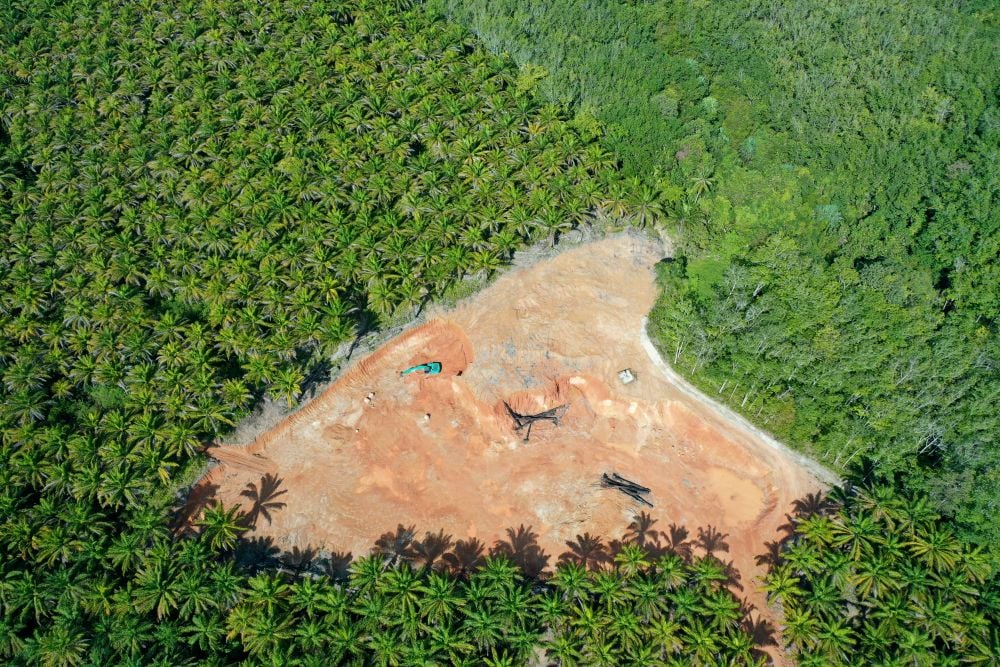Environmental, social, and governance (ESG) exchange-traded funds comprise merely 4% of overall ETF assets in the Asia-Pacific region, but they are gaining attention from investors who are looking to use the passive approach to sustainable investing.
In 2020, 25 new ESG ETFs were launched in the region, and 31 more were listed in the first half of 2021, according to Cerulli Associates. More than US$2 billion flowed into ESG ETFs in the region each year in 2020 and 2019, a jump from just US$159.8 million in 2016. Net flows in the first half of 2021 exceeded US$1.7 billion.
Assets under management in ESG ETFs domiciled in Asia-Pacific soared by 167.7% in 2019 and 108.5% in 2020. By the end of June 2021, AUM grew further, by 33.2%. Australia, China, and Taiwan together accounted for 86.8% of total ESG ETF assets in the region in 2020.
From January 2016 to June 2021, assets in ESG ETFs in Australia grew exponentially from US$156.2 million to US$4.9 billion. In China, assets in ESG-themed ETFs jumped to US$2.9 billion in 2020 from just US$15.0 million in 2016.
Beijing pledge
Many sustainability-themed ETFs were launched in 2021, driven mainly by Beijing’s ambitious pledge in September 2020 to transform China from the world’s largest carbon emitter into a carbon-neutral nation by 2060. Taiwan has also seen a rise in its market share of ESG and sustainability-themed ETFs, with AUM growing more than 10 times from US$101.4 million in 2018 to US$1.2 billion in 2019 and US$1.7 billion in 2020.
Managers in key markets in the region are launching more ESG-themed ETFs to provide cost-efficient access to responsible investing products and differentiate themselves amid stiff competition.
When asked about their reasons for choosing ESG ETFs over ESG mutual funds, asset managers told Cerulli that ETFs are easier to implement given managers’ ESG capabilities, while others said ETFs provided more flexible, liquid, and lower-cost investment options.
Managers are also likely trying to attract young investors to ESG ETFs, on the back of the Covid-19 pandemic, which provided opportunities to invest in low-cost, sustainable ideas. In fact, the past decade has seen a rise in robo-advisory services offering low-cost investment solutions to retail clients in Asia. In Singapore, for example, robo-advisers are offering thematic investing, including ESG-themed funds, in addition to traditional goal-based investing.
Negative screening
According to Cerulli, some industry players believe more active mutual fund managers, compared to ETF managers, are typically more involved in ESG engagement to spur companies towards improving their ESG performance.
However, not all ESG ETFs solely rely on a straightforward negative screening process. Some proactively incorporate stocks which they deem to have improved ESG ratings, while some have well-documented ESG processes and practices.
“The pace of ESG ETF launches in the Asia-Pacific is expected to persist as investors seek cheaper alternatives to invest sustainably,” says Cerulli associate analyst Ng Hao Qin.
“Although there are concerns that such funds may not be sufficient for implementing a sustainable investing strategy, some of them have proven to have well-documented ESG processes or practices, while retaining their advantages of providing transparency, liquidity, and flexibility for investors.”









